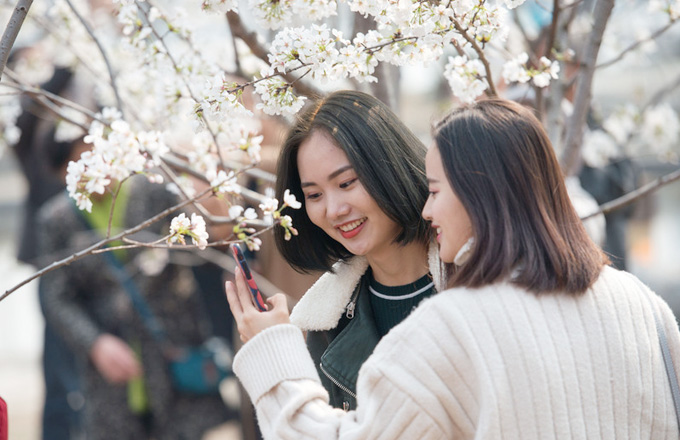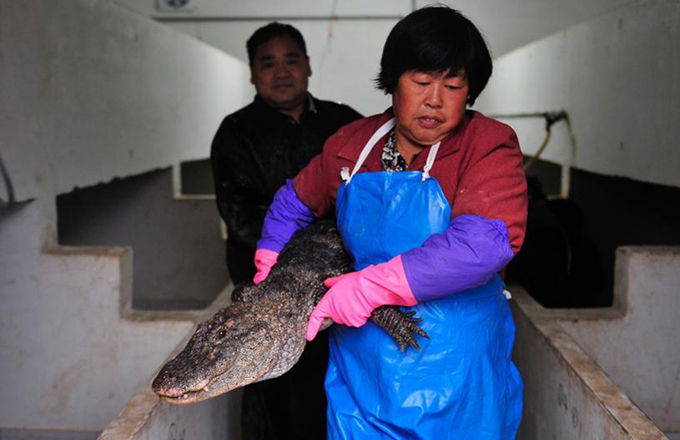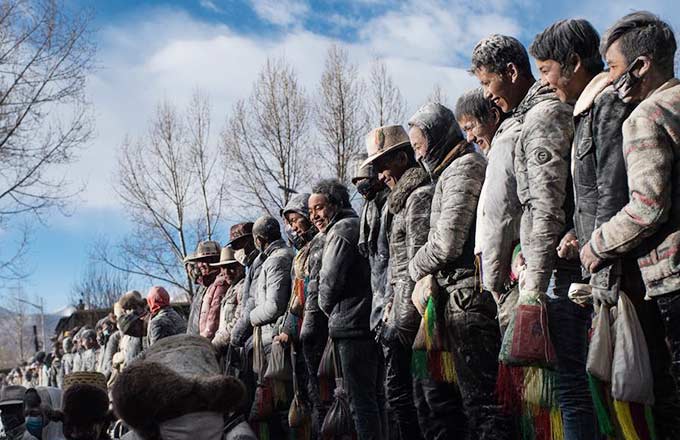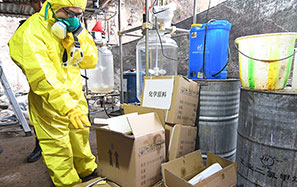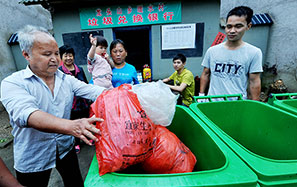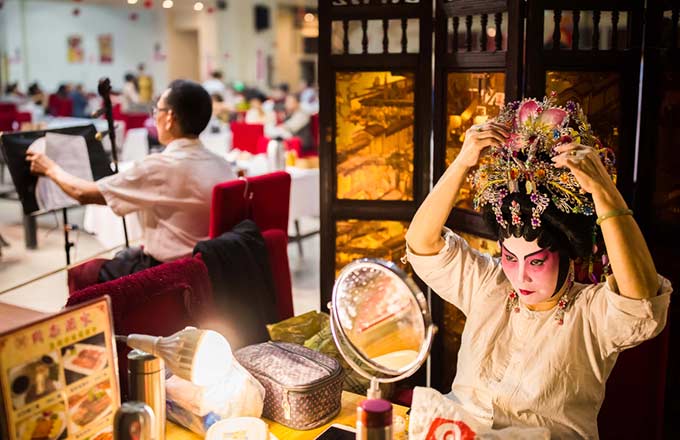Experts in TCM help battle drug resistance
China has recruited a team of specialists in traditional Chinese medicine, including China's first Nobel laureate in medicine, Tu Youyou, to help find solutions to the rising threat of antimicrobial resistance.
AMR happens when microbes evolve to become resistant to previously effective medicines. Studies show the growth in resistance could be responsible for 10 million deaths a year worldwide by 2050, according to the Review on AMR, a global report commissioned by the British government.
Antimicrobials are medicines active against a range of infections, such as those caused by bacteria (antibiotics), viruses (antivirals), fungi (antifungals) and parasites (including antimalarials), the report explains.
Western medicine is struggling to combat the problem, while the overuse of antibiotics and other antimicrobials is worsening the situation, said Cao Hongxin, head of science and technology at the State Administration of Traditional Chinese Medicine.
He said the Chinese team, led by Wang Guoqiang, vice-minister of the National Health and Family Planning Commission, will look into how TCM can be used as part of a comprehensive and dynamic approach to halt the progress of AMR.
"Traditional Chinese remedies are free from drug resistance and could provide alternative solutions," Cao said, adding that TCM works to kill harmful microbes, reduce their replication, as well as to enhance immunity.
Tu Youyou, the pharmacologist who won the Nobel Prize in 2015, discovered artemisinin, an antimalarial drug derived from sweet wormwood, which has been used in TCM since ancient times. She has worked with China's top TCM research institute for decades.
Huang Liuyu, director of the People's Liberation Army's Institute for Disease Prevention and Control, praised the efforts to develop more TCM remedies that work on infections. "TCM substitutes can lower the use of antibiotics and thereby delay the development of antibiotic-resistant microorganisms," he said.
Traditional treatments are more complicated in terms of ingredients and are less likely to develop drug resistance, he said, although he added, "It's usually antibiotics from Western medicine that work stronger and faster in curbing bacteria without drug resistance."
Huang said AMR occurs naturally over the time through genetic mutations but overuse of antimicrobials speeds up the process.
Half of the antibiotics used worldwide each year are used in China, with 52 percent of that used to treat livestock, according to the Review on AMR.


